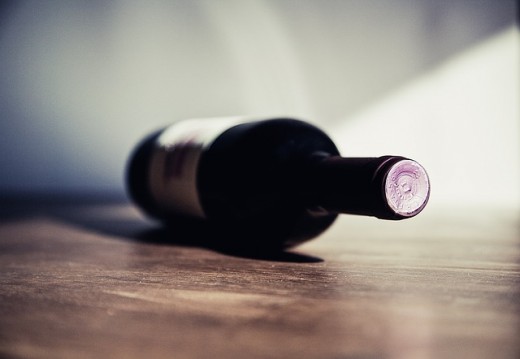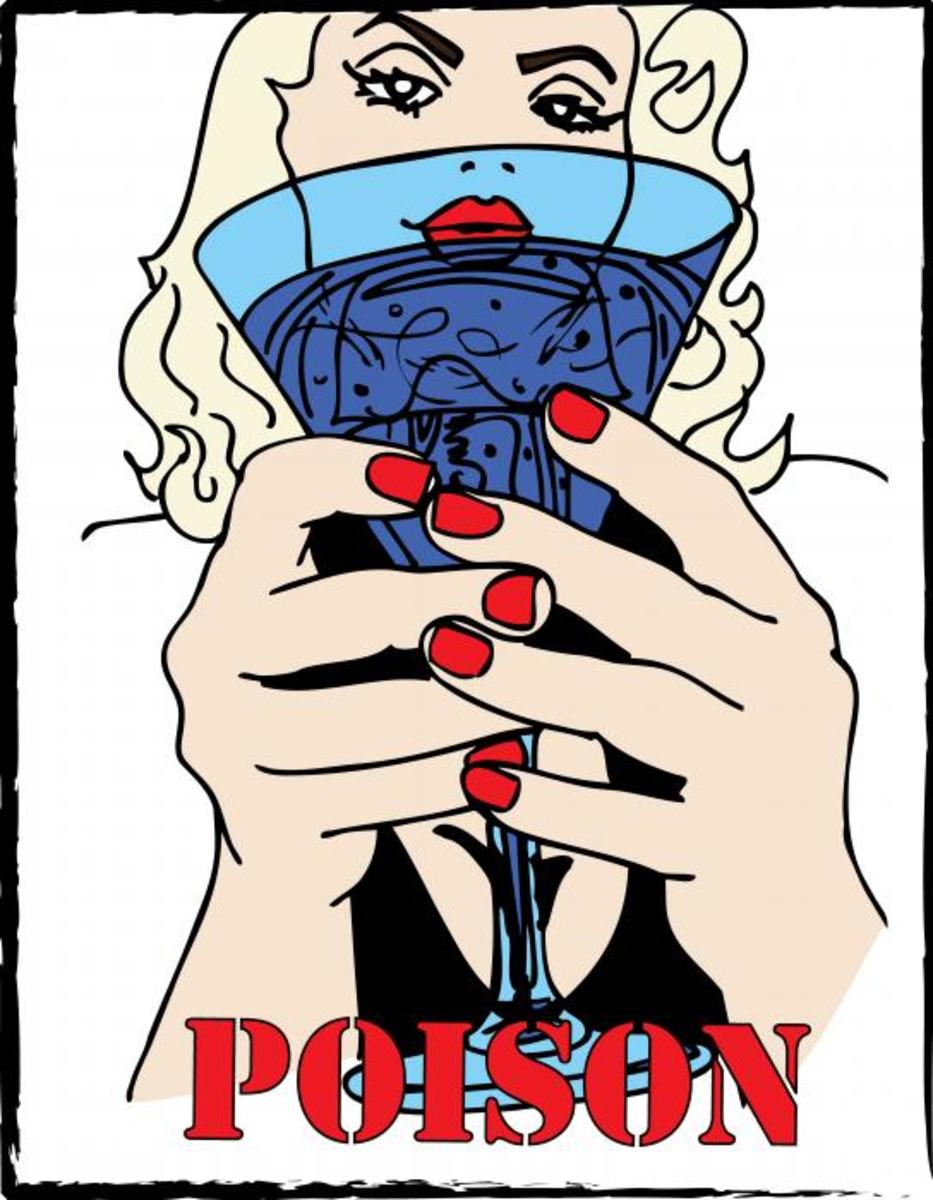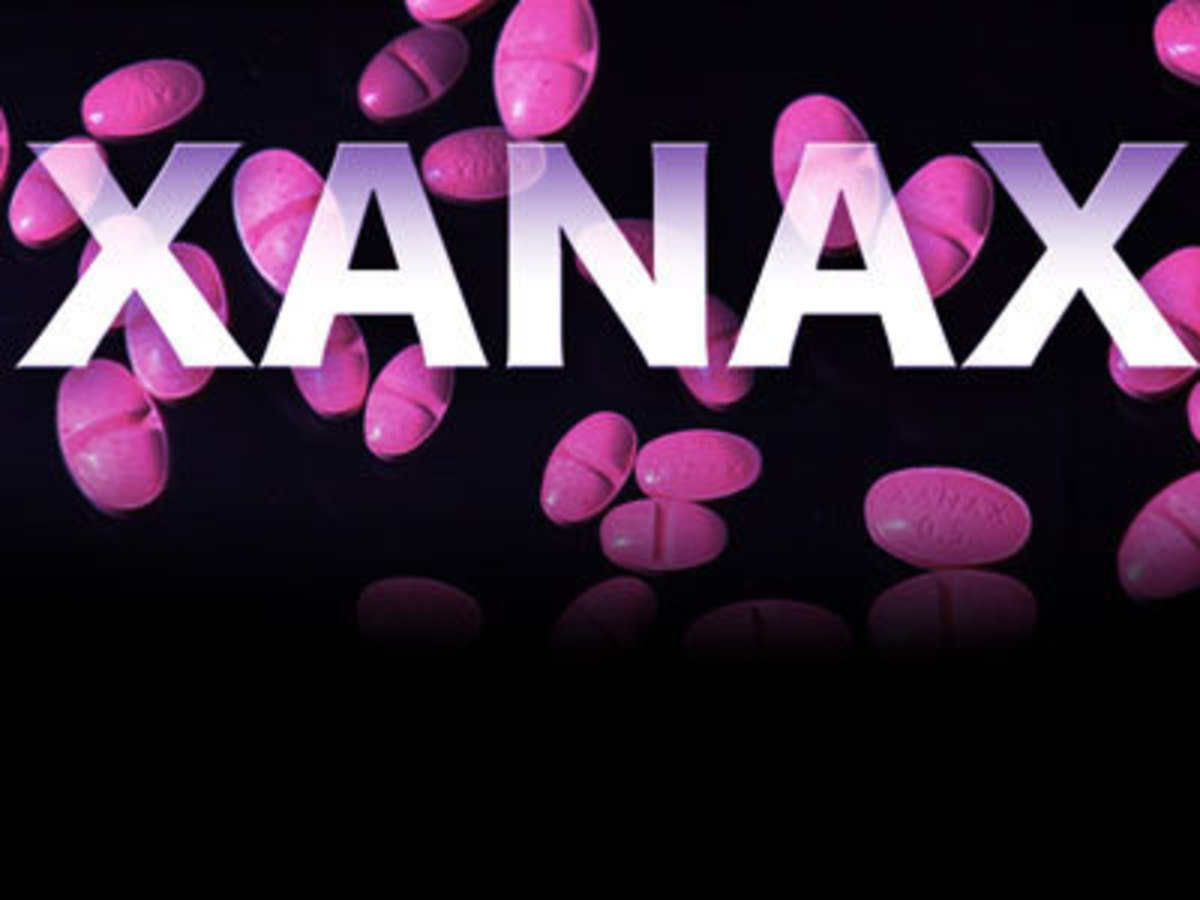- HubPages»
- Health»
- Mental Health»
- Addiction»
- Alcoholism
Excellent Treatment Options for Alcohol Dependence

If you or someone that you care about has an alcohol problem, then you might need to consider getting professional alcohol abuse treatment. There are a lot of different treatments available for alcohol dependency, though, and it’s important that you know the difference between the types of treatment available. This allows you to make an informed decision about which treatment is best suited for you or the individual seeking help.
Who is Alcohol Rehab Treatment for?
If you’re not sure whether or not you need treatment, don’t jump the gun before you’ve assessed yourself properly. Rehab shouldn’t be the first thing that you do to try and sober up.
There are many alcoholics who aren’t yet ready to go to treatment, and there are many who have gone to treatment when they didn't really need to. If you are considering quitting drinking, you should give it a try on your ow before going to treatment. You might be able to beat the addiction before it becomes too serious, and save yourself a lot of money in the meantime!
If you haven’t tried to quit, and you're not sure if you need treatment, there are some things that you should know before you decide what kind of treatment to get.
First off, not all alcoholics are dependent on alcohol. The two conditions have very different definitions, though they are often used synonymously.
Alcoholics
An alcoholic is an individual who continues to drink alcohol despite being aware that alcohol has caused problems for them related to their family, friends, employment, or recreation. Being an alcoholic doesn’t always mean that the alcoholic is dependent on alcohol. In fact, people can drink very infrequently and still be considered an alcoholic.
- There are two main types of alcoholics. The first type is a compulsive drinker or one who uses alcohol to cover up their social anxiety or introversion. These people often develop intense psychological addictions and can become psychologically dependent.
- The second type doesn’t necessarily drink that often, but when they begin drinking, they cannot stopl until they are either passed out or the alcohol is gone.

Alcohol Dependency
Alcohol dependency is a state in which the user requires alcohol to function. In most clinical definitions, alcohol dependency refers to the state of physical addiction. When a drinker has reached this stage of addiction, their body needs alcohol. If they don’t drink or suddenly try to quit, they will experience physical withdrawal symptoms. These symptoms are often so unpleasant that the drinker will resume drinking just to alleviate the symptoms, even if they’ve made a promise to stop drinking.
An alcoholic doesn’t always need treatment to get over their issue. In fact, many are able to stop using by themselves or with the support of friends and family.If you are dependent on alcohol, however, it’s probably a good idea for you to consider getting treatment. Alcohol dependency is very difficult to overcome on your own, in part due to the harsh nature of the withdrawal symptoms.
Kinds of Treatments Available for Alcoholics?
There are lots of different treatments available for alcohol addiction. The most common kinds of treatment are are available in most rehabilitation facilities.
Inpatient Rehab
Inpatient rehabs - also known as residential rehabs - are the most intensive form of standard rehabilitation that’s available. An inpatient rehab requires that the patient stays at the facility for the entire duration of the treatment. You won’t be able to go off the property, but you may be allowed outside for walks or exercise.
Inpatient treatments are typically recommended for people with very severe addictions, or for people who have already tried to stop their addiction by using a different type of treatment with no success. The limitations on freedom ensure that the patient is forced to adhere to all of the treatment’s components, which improves the chances of success. Being stuck at the facility also prevents the patient from accidentally relapsing.
Outpatient Rehabs.
Outpatient.rehabs are much more lenient than inpatient rehabs. The patient has a degree of freedom in the sense that they are allowed outside of the facility. They only need to attend their scheduled meetings and ensure that they follow the guidelines set for them by their counsellor or therapist.
Outpatient rehabs are not as strict as inpatient rehabs, and are thus not suitable for people with very severe addictions. If you have a serious alcohol dependency, you’ll probably want to consider going to an inpatient rehab - being allowed to have a life outside the facility can make it very easy to relapse.
Detoxes
Some rehab facilities have in-house detoxes available for people with serious dependencies. These supervised medical detoxes allow the patient to get themselves through the withdrawal process easier. The pain of withdrawal and the difficulty in managing symptoms is a huge factor in relapse and is the most common reason that people who are dependent on alcohol can’t quit.
-
A supervised detox often allows you the use of some prescription medication. These medications can reduce the symptoms, both physical and mental, of withdrawal.
-
A supervised detox is handled by medical professionals. They should understand the timeline of symptoms and the process of withdrawal. They’ll be able to help you get through the withdrawal by preparing you and helping you cope.
What Should I Expect at an Alcohol Rehab?
The type of rehab you’re applying for and the severity of your addiction are the two primary factors in determining the outcome of your treatment plan. The length of rehab, the treatment procedures involved, and the price are all highly variable.
Outpatient rehabs can stretch on for many months because you’re not required to actually attend the program every day. This allows people to develop much more versatile treatment plans that can accommodate work and school. They can last anywhere from a few weeks to more than a year.
Inpatient rehabs are typically predetermined at much greater length than outpatient rehabs, exempting a treatment consisting of only an in-house detox. Most places offer treatments that are either a month long, three months long, or six months long. The shorter treatments are much more intensive than outpatient rehabs.
Naturally, the different treatment options available differ between different rehabs. There are still some general treatment programs and methods that are used at most treatment centers.
An Individual Assessment
Since addiction is a fairly complex condition, no two addictions will ever be the exact same. For this reason, it’s important that anyone hoping to attend a rehab facility receives their own individualised, professional assessment. This allows the employees at the rehab facility to prepare a treatment plan that best suits the individual, instead of using a generalised recovery plan and hoping that it works out for everyone.
Educational Sessions
One of the most important things about treatment is the knowledge that is provided. A good alcohol treatment will teach the user about a lot of things.
-
They will help you learn to identify the stressors and triggers and lead you to using
-
They will help you learn alternative ways to deal with these stressors so you don’t instantly decide to go relapse
-
They will teach you a bit about pharmacokinetics and help you understand how drugs work in your body
Therapy
Therapy is a staple at most serious addiction treatment centers. There are several types of therapy that should be used at almost any good rehab facility you go to.
-
Cognitive behavioural therapy (CBT) is one of the most popular methods for helping people overcome their substance abuse problems. CBT helps people to identify problematic thoughts or behaviours and identify the stressors or other triggering mechanisms that give rise to these thoughts and behaviours. By doing this, you’re able to eliminate the root cause of destructive thoughts that can lead to addiction.
-
Group therapy is a common thing in most rehab facilities. The most frequent example of a group therapy would be the 12-step program that’s been used for helping alcoholics recover for many, many years. Group therapy is helpful because it allows you to interact with other people who are going through similar situations. Addiction can be much harder to deal with if you feel like you have to face the problem alone, and group therapy prevents that from happening.
-
Family therapy isn’t included at all rehabs, but is a great way to get your family involved in the rehab process. It can be hard to reach out to friends and family about personal problems like alcohol addiction, and family therapy helps to easily bridge that gap.
How do I Know for Certain That I Need Rehab?
Well, you can't... Even when you know the differences between alcohol dependence and alcoholism, it can still be difficult to be sure whether or not you need rehab. It’s even more difficult to determine whether or not a loved one needs rehab, because they may not be honest about their usage or their symptoms.
There are some warning signs that hint at dependency, or that somebody is drinking too much and headed down a road to alcoholism. Some of the most obvious signs of alcoholism are as follows:
-
Slurred or erratic speech
-
Lack of hand-eye coordination or general motility
-
Confusion, disorientation and memory loss
-
Frequent nausea or vomiting
-
Loss of judgment
These side effects can all occur with regular alcohol use, and while they may indicate drinking becoming a problem, they aren’t always sure signs of alcoholism. However, if you’re experiencing alcohol withdrawal during the hours that you’re not able to get a drink, that means for certain that you are dependent on alcohol.
Alcohol withdrawal symptoms are different from the symptoms of general alcohol abuse. In addition, it can be easier to identify withdrawal symptoms. They typically manifest in the morning before the alcoholic is able to get a drink. They will also be sober during the withdrawal period, so you’ll be able to associate the symptoms with that particular state of mind.
If you have experienced, or witnessed, any of the above side effects, and have recently noticed any of the following symptoms occurring, you are probably experiencing withdrawal and should get yourself into a treatment program as soon as you can.
-
Shaking hands or tremors
-
Delirium
-
Excessive sweating
-
Hot flashes or chills
-
Hallucinations, most often auditory
-
Bloodshot eyes or pale yellowing eyes (jaundice)
-
Depression
-
Delusions or extreme confusion
-
Difficulty concentrating or holding a train of thought
Going for Alcohol Rehab Treatment
If you’ve decided that you do need to set up a treatment program for you or someone that you care for, the first thing you should do is make the effort to get you, or the alcoholic, prepared.
If you have to approach someone else about their drinking, make sure you do it while they are sober. They will be much more level-headed while sober, and they’ll probably be going through withdrawal, which will make them more likely to agree to treatment.
It’s easier to approach them when you’re not alone. If this person is a family member, get the rest of the immediate family together and come up with a plan to talk to them. Make sure you’re kind and compassionate, and make it clear that you want to help them. Remind them of how much better their life could be if they weren’t dependent on alcohol and going through withdrawals.
Once you’ve reached the alcoholic, you should determine whether they need inpatient or outpatient treatment. If they’ve never gone to treatment before and seem very committed to stopping their alcohol usage, then they should register for an outpatient. If they experience serious withdrawals, or don’t seem dedicated to quitting, they will probably require an inpatient rehab.
After deciding on the type of treatment they’ll need, find an alcohol rehab treatment centre near you. You may have to look around for a while. Sometimes it’s worth making a commute to a different city to provide a quality inpatient treatment. Conversely, an outpatient rehab in a different locale would probably be very troublesome to travel to and from.
Applying for the rehab should be simple. After registering, make sure the alcoholic feels safe and supported until they head off to rehab.








